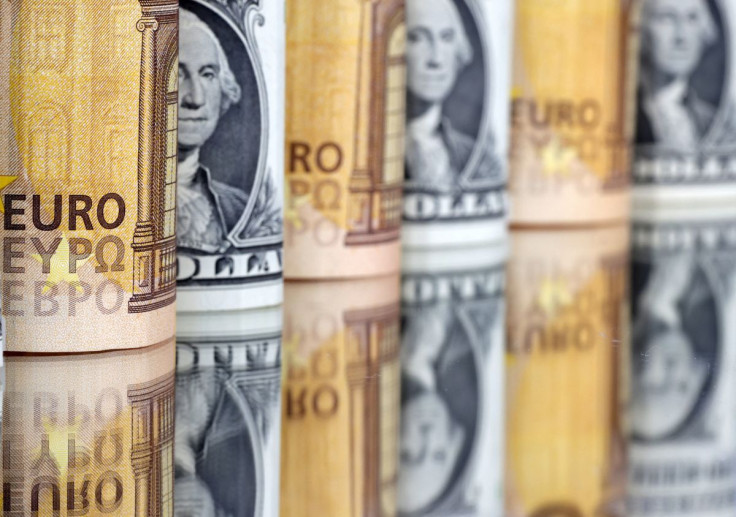Dollar Struggles At 6-week Lows Vs Yen As Markets Ramp Up Recession Bets

The U.S. dollar sank to its lowest in more than six weeks versus the Japanese yen on Monday as investors ramped up bets that aggressive Federal Reserve monetary policy would tip the economy into a recession.
With traditional market gauges of recession such as yield curve spreads pinned near their lowest levels this year, punters have ramped up bets in recent days that U.S. interest rates will peak by the end of 2022.
With China's official measure of factory activity contracting in July as fresh virus flare-ups weighed on demand, and German retail sales posting their biggest year-on-year slump since 1994, the sentiment was decidedly cautious in early London trading.
The dollar sank to its lowest level versus the yen since mid-June at 132.07, down more than 5% from a late 1998 peak of nearly 140 yen hit last month.
A broader index of the dollar against its rivals weakened 0.3% to 105.61, just shy of an early July low, as traders cut their long dollar positions, according to latest weekly positioning data.
"Markets are now locking horns with central banks in terms of their efforts to aggressively hikes rates to try and rein in inflation, with markets taking an increasingly confident view that central banks will have to abandon their inflation quest due to looming recession risks," said Marc Ostwald, chief economist at ADM Investor Services.
The yield gap between 10-year U.S. Treasuries and equivalent Japanese debt held near its tightest level in nearly four months around 245 bps, denting the dollar's appeal.
Data at the end of last week tossed the greenback in both directions, with it rising initially after the personal consumption expenditures price index showed the fastest inflation since 2005, only to sink after the final University of Michigan report - closely watched by Fed policymakers - showed slipping consumer inflation expectations.
The big economic focus for this week will be the monthly U.S. jobs report on Friday.
The euro was little changed at $1.0235, continuing its consolidation near the middle of its range over the past week and a half.
The Aussie dollar rose 0.3% to $0.7012 on Monday, just shy of a six-week high at $0.7032, before a central bank rate hike on Tuesday where policymakers are widely expected to lift its cash rate by 50 basis points to 1.85%.
That would be the fourth hike since May and the most aggressive tightening in decades.
© Copyright Thomson Reuters {{Year}}. All rights reserved.





















